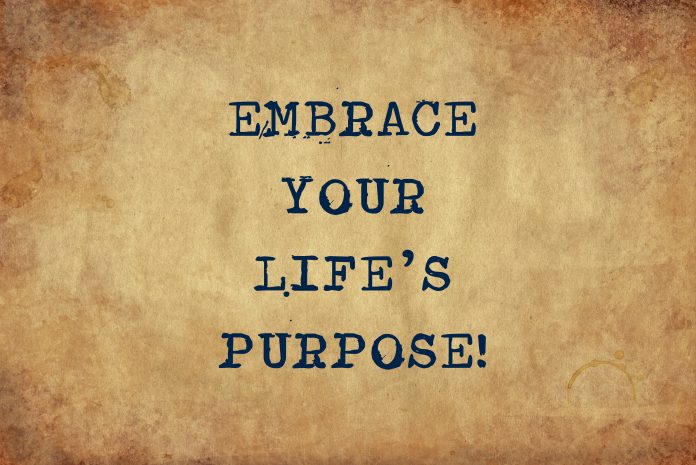Most all of us who are aging are busy buying time and looks.
Just saw a piece on BBC UK online that said seniors can buy five extra years with enough and the right kind of exercise.
Yesterday, saw an article that claimed various seaweeds help us stay healthier and live longer.
The other day, in a magazine, there was a big piece on how women and men can look better for longer by getting non-intrusive nip and tuck jobs on faces, necks, limbs: wherever it’s needed to make the skin look much more taunt and less saggy.
Today, there are myriad self-management programs to help newly minted seniors learn how to feel better, look better, think better, and just simply live better. There is no need to worry anymore. Just buy the right combination of programs, follow them religiously, and reap the awesome benefits: a longer, better, happier life!
But what does a longer, better, happier life look like at, say, 85 or 90 or 95 or, increasingly, 105?
And who should decide?
Meeting up with aging
I’m closing in on my 71st birthday. Generally speaking, I don’t look my age or act my age or think my age. And I’m not sure I need lotions and potions and treatments and procedures and prescribed daily exercises and activities to keep feeling and being well for a long time.
What I need to do is what I’m doing now: keeping mentally and emotionally engaged and occupied; being spiritually aware and involved; staying physically active to at least a reasonable level; doing ‘fun’ things with family and friends; and, eating and drinking happily, diversely, but not excessively. And each day, waking with a plan of action.
It’s not a complicated formula but I believe it seems to work for most elderly people a lot of the time at whatever post-70 age.
Why try to fool Mother Nature and Father Time?
Vanity is a funny thing. It seems to confront us most during two seasons of our lives: our early adulthood, and our late adulthood.
As we get older and come to realize we’re getting older, there seems in way too many of us to be this madding need to resist the inevitable and deny reality.
We can fool some of our friends and family and strangers some of the time by getting things done with, to, and for ourselves to somewhat frantically delay looking and acting our age. Plus we can work hard to personally deny the impact of the creeping reality of aging. But that hoax and denial only has a relatively short life span before the wrinkles and sags are back; before the limps and pains again expressively hobble us.
Celebrate what you are
There is perhaps nothing more important and satisfying for us aging ones than to feel a sense of ongoing purpose, independence, and overall contentment.
We can have that every remaining day of our lives.
It’s not about how hard we try to avoid aging. It’s all about how we elect to embrace aging with confidence, dignity, pride, and comfort. It’s all about daily thinking less of our wrinkles and limitations, and a lot more about who we are and what else we can do next.























